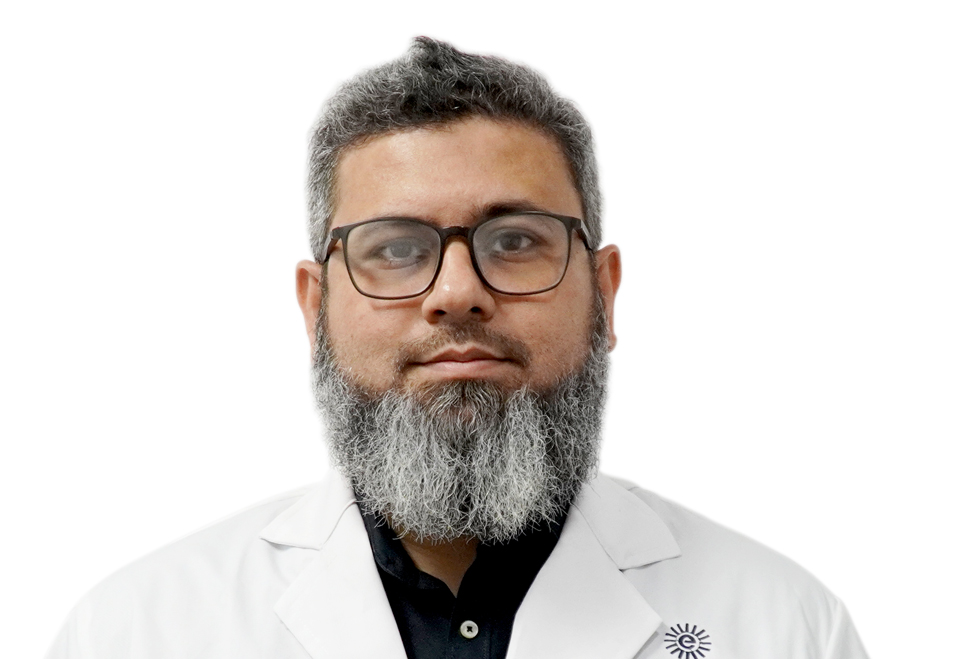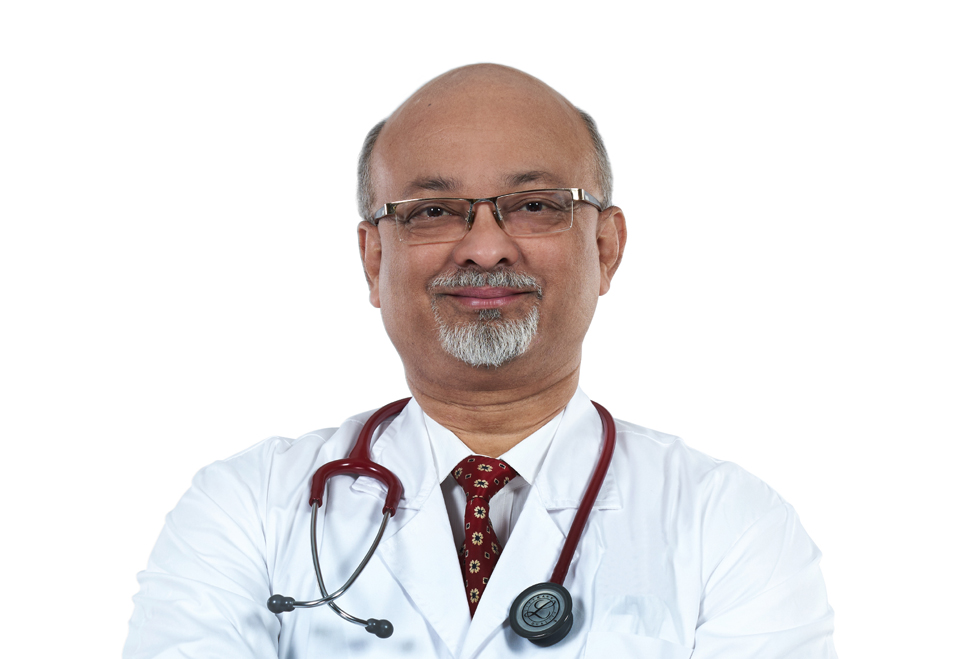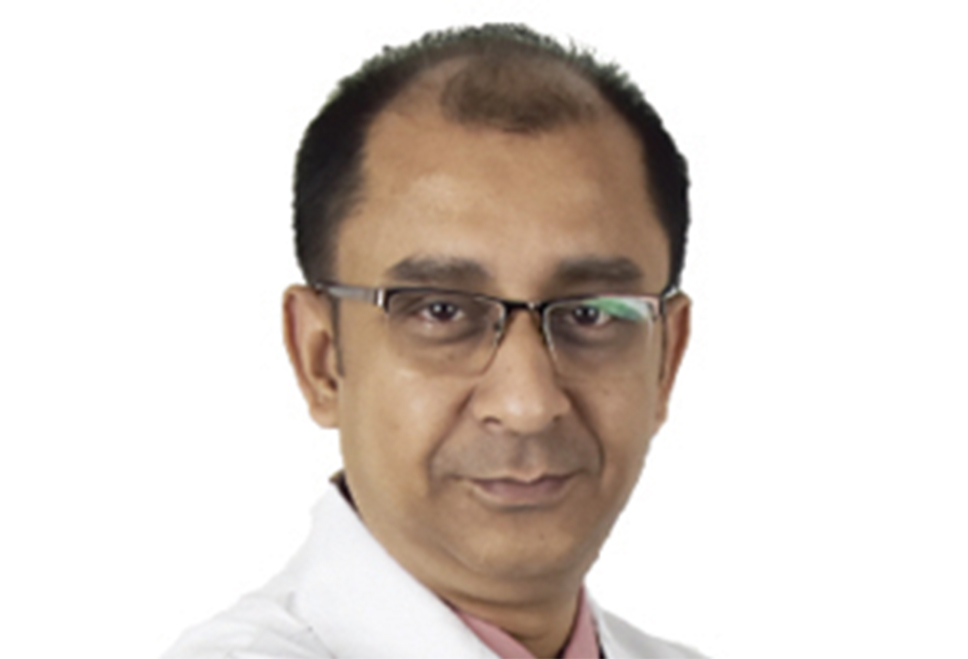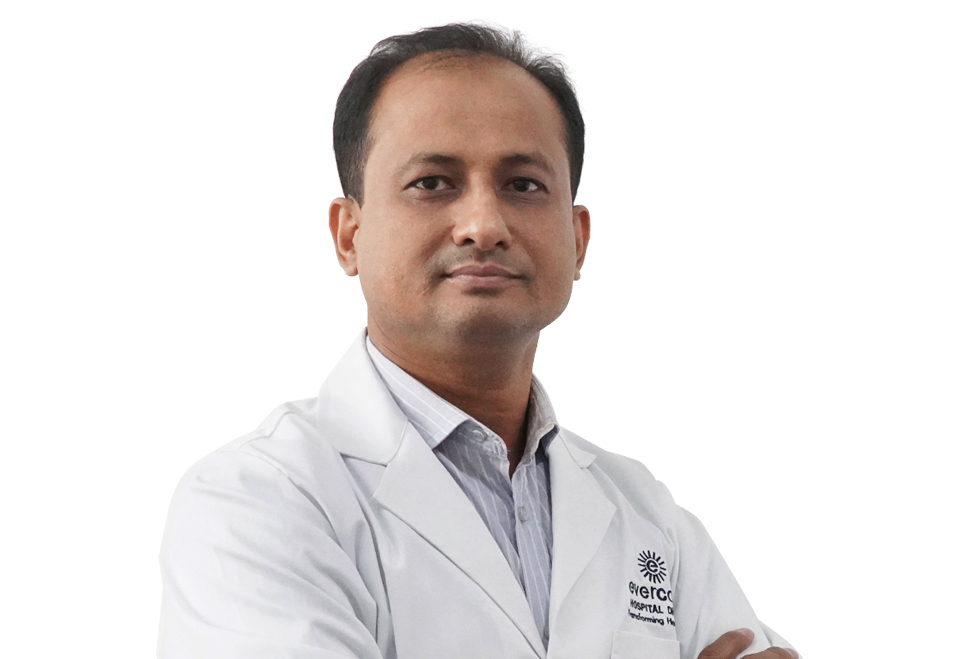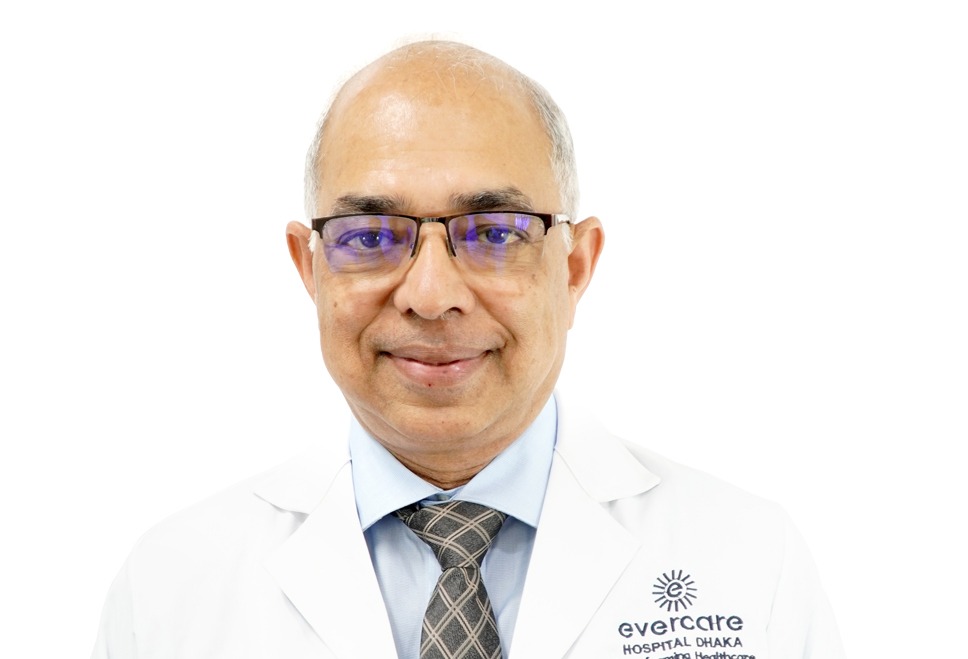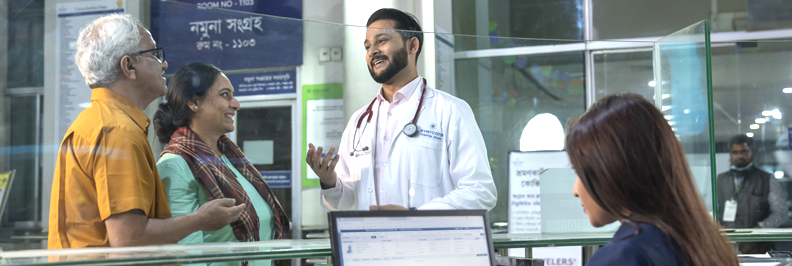Breast Clinic
What is a Breast Clinic?
A breast clinic is where medical specialists can examine your breasts in case there are changes in or around them or if your 1st & 2nd degree relatives had breast cancer.
Why would I be referred to a breast clinic?
You have been referred because you or your doctor feels your breast symptoms need further investigation by a specialist. It is important to remember that being referred does not mean that you have cancer, and most people seen in breast clinics have a simple or benign condition.
Does this mean I have breast cancer?
Having a referral does not necessarily mean you have cancer. Most people who have referral don’t have cancer. However, you have been referred because you need to see a specialist or have some investigations quickly to help find out the cause of your breast symptoms. If cancer is diagnosed, then ensuring that the diagnosis is made early means treatment is likely to be more effective and therefore it is important that you are seen within 2 weeks of the referral being made.
What will happen at my appointment?
When you arrive at the breast clinic you should register at the reception. You will then be seen by a lady doctor who is a specialist in breast diseases and who will listen to any concerns you may have. She will ask about your symptoms, examine you and arrange some tests. The breast team will aim to undertake all tests on the same day as the appointment and therefore you need to allow three hours for the appointment.
During your appointment you will be asked to undress from the waist upwards and therefore we recommend you wear separates such as a top with skirt or trousers. Deodorant and talcum powder may affect the quality of a mammogram, so please do not use them on the day of your appointment. Alternatively, you can wash them off should you require a mammogram.
What to expect at the breast clinic?
Your visit to the breast clinic may take several hours so that all the necessary tests can be carried out. You may wish to take a partner, close friend or relative with you for company or support. You may be asked to fill in a short questionnaire before you are seen by a doctor. This includes questions about any family history of breast problems, any medication you’re taking (including hormone replacement therapy (HRT) or the contraceptive pill) or any previous breast surgery (including breast implants).
This will be followed by a breast examination, where the doctor or nurse will check both your breasts when you are sitting and when you are lying down. As part of the examination, it’s normal to examine the lymph nodes (also called glands) under your arm (axilla) and around your neck. You may then need to have further tests. These will usually include one or more of the following:
- mammogram
- ultrasound scan
- core biopsy
- fine needle aspiration (FNA).
The order in which the tests are done will vary between clinics.
Having a breast examination, breast imaging (for example, a mammogram and/or an ultrasound scan) and tissue sampling (for example, a core biopsy or FNA) is known as a triple assessment. This may be necessary to make a definite diagnosis. However, not everyone will need to have a triple assessment; it depends on your symptoms, age or the findings from your other assessments.
Benefits of Early Diagnosis:
- Early Treatment
- Chances of Full Recovery
List of Doctors
We can help you choose top specialists from our pool of expert doctors, physicians and surgeons.


